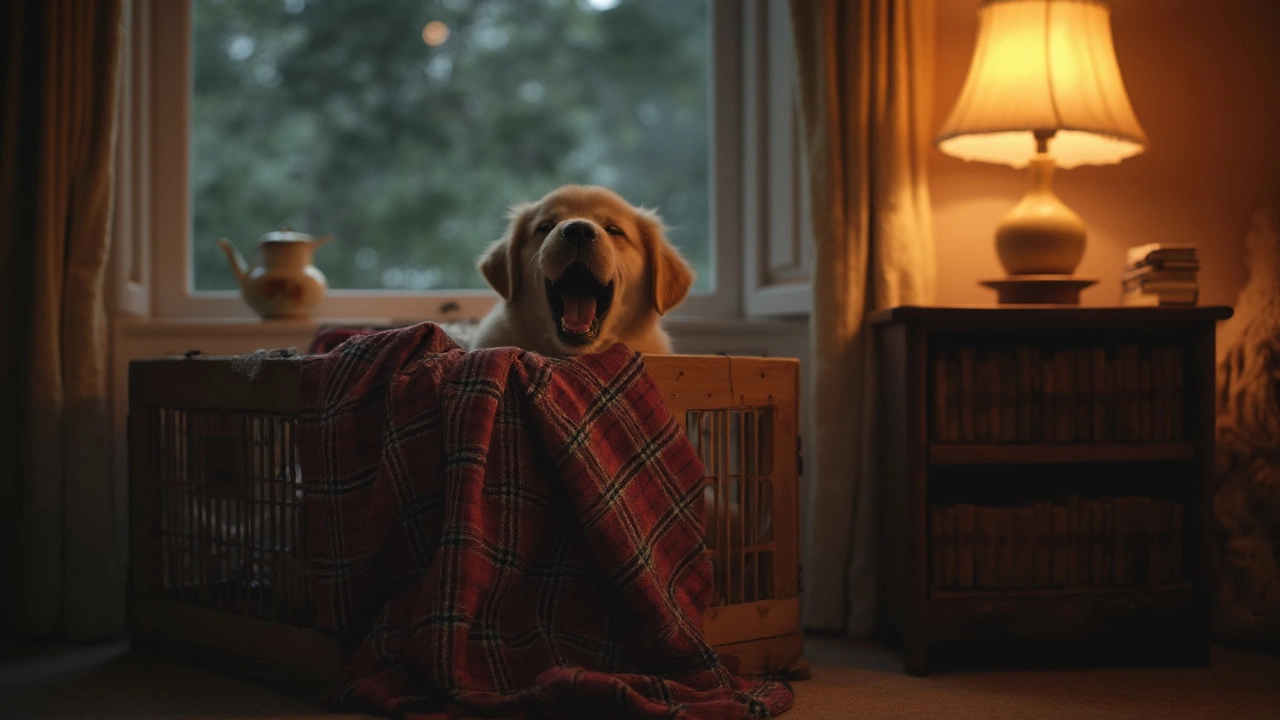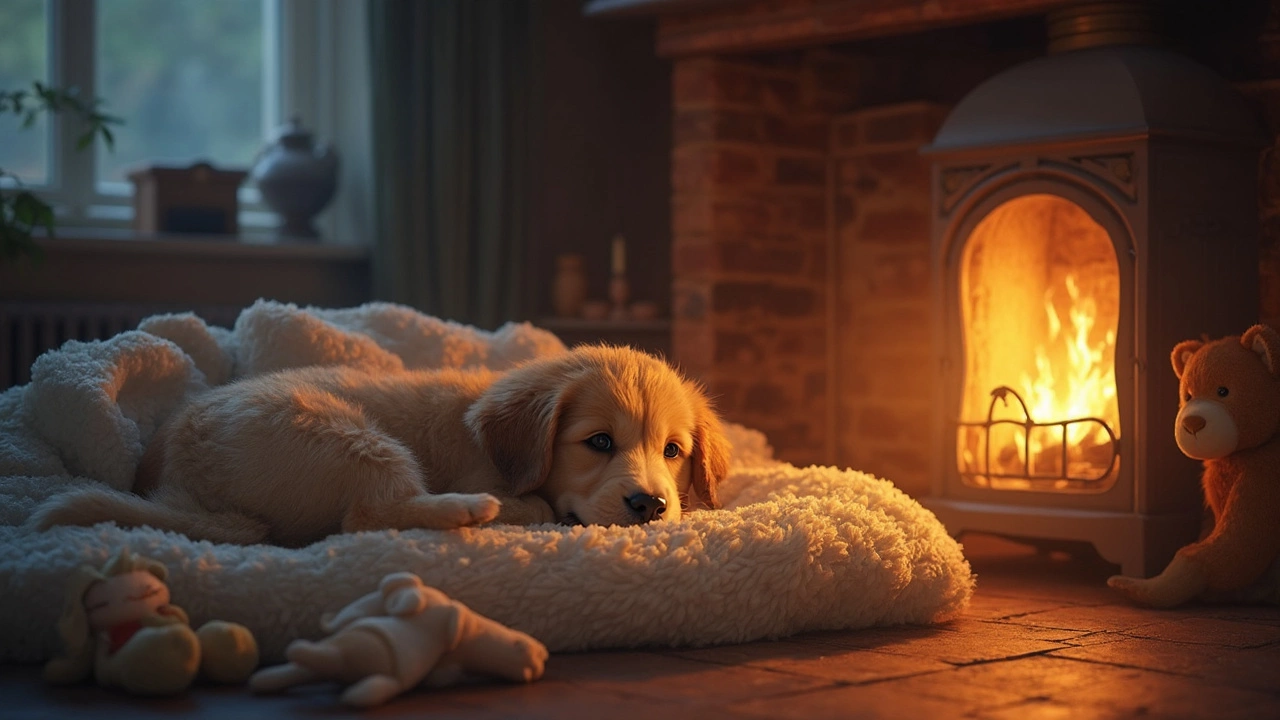Sleep Tips for Dogs – Easy Ways to Help Your Pet Rest Better
Everyone knows a tired dog is a happy dog, but getting that deep, uninterrupted sleep can be tricky. Whether your pup snoozes on the sofa, curls up in a crate, or tries to steal your pillow, the right approach can make bedtime smooth for both of you. Below are hands‑on ideas you can start using tonight.
Pick the Right Spot and Bed
First thing’s first: give your dog a dedicated place to sleep. A quiet corner away from foot traffic works best. If your dog likes to chew, choose a sturdy crate or a chew‑proof bed. Memory‑foam pads are great for joint support, especially for older dogs. For puppies, a low‑edge bed lets them hop in and out without falling.
People often wonder if a dog should share the master bed. The science says it’s fine as long as you both get enough space. If your dog hogs the whole mattress, try a dog‑specific pillow or a small dog bed at the foot of the bed. That way you keep the comfort but avoid a night of wrestling for space.
Set a Consistent Bedtime Routine
Dogs thrive on routine. A short walk or a play session right before bedtime helps burn off extra energy. Follow the walk with a quick bathroom break, then dim the lights and give a calm cue like "bedtime" or a gentle petting pattern. Repeating the same steps each night signals to your dog that it’s time to settle.
If your pup whines or paws at the door, stay calm and resist the urge to give in. Ignoring the early‑night protest teaches them that night time means quiet. For a puppy still learning, a safe crate with a favorite blanket can reduce anxiety. Place the crate near you for the first few weeks, then gradually move it to the chosen sleep spot.
Some owners worry that letting a dog sleep in the bed creates separation anxiety. In most cases, the anxiety comes from a lack of clear boundaries, not the sleeping arrangement itself. Keep daytime rules consistent—don’t let the dog jump on the sofa when you’re up but allow it at night if that’s your rule. Consistency helps your pet stay relaxed no matter where they nap.
Lastly, watch what you feed before bedtime. Heavy meals right before sleep can cause stomach upset. A small, balanced snack a couple of hours earlier is enough to keep hunger at bay without disrupting rest.
Putting these steps together—right bed, calm routine, and clear boundaries—will improve the quality of your dog’s sleep. A well‑rested pup is calmer, learns faster, and enjoys playtime more. Try one tip tonight and see how quickly things settle down. Your dog (and you) will thank you for a good night’s sleep.
Should You Cover Your Dog Crate with a Blanket at Night?
Wondering if you should toss a blanket over your dog's crate at night? This article lays out when covering a crate is helpful, when it's not, and what to watch for. You'll learn how a simple blanket can calm some pups and stress out others, plus tips to keep your dog safe. Find out how to make nighttime cozier or less scary for your puppy without causing problems.
Should Puppies Sleep in the Dark? How Light Affects Young Dogs
Wondering if your puppy should sleep in the dark at night? This article breaks down how darkness, light, and routine impact a puppy's sleep quality and development. Get practical tips on creating the best sleeping environment, why some puppies fuss in the dark, and how you can help your pup feel safe at bedtime. Plus, learn about the science behind puppy sleep habits and night lights. Make bedtime easier for both you and your little furball.

